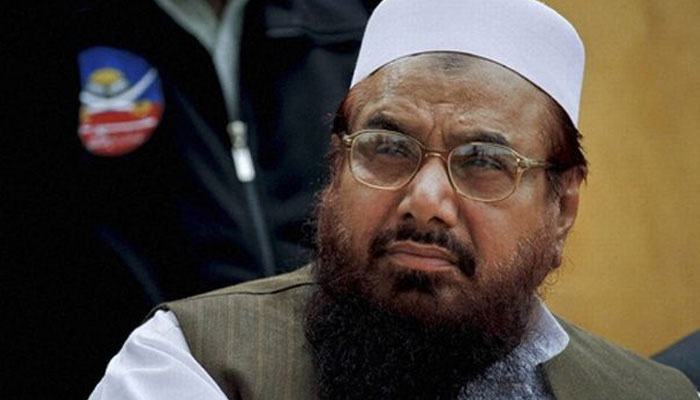
(TibetanReview.net, Jan08, 2017) – In a rare instance of dissent on a high profile government position, a former Chinese diplomat has asked his government to ‘adjust’ its stand on Pakistan-based terrorist mastermind Masood Azhar, writing in a WeChat blog posting Dec 28. The lengthy blog’s author, Mao Siwei, had served as Consulate General of China’s Consulate in Kolkata from 2007 to 2010. Before that, he had also worked as a diplomat in the Chinese Embassy in New Delhi and served as a visiting scholar at JNU, New Delhi.
In his blog Mao has highlighted the history of Pakistan-based terror organisations Lashkar-e-Taiba and Jaish-e-Muhammad and explained how they carried out violent attacks whenever India and Pakistan made efforts to normalise their relations.
Mao has noted that the evidences against Azhar in the Pathankot terror attack included Facebook and telephone records as well as DNA samples through food wrapping paper and walkie-talkie. “In the light of the above, I deeply feel that now is the time China should take India’s complaint as an opportunity to seriously study and adjust the position, get rid of the passive diplomatic situation, on the listing of JeM chief in the (UN) 1267 list,” he has written.
The blog was published two days before China refused to lift its technical hold on India’s application to the relevant UN Security Council committee to declare the chief of the JeM a terrorist. The technical hold would have lapsed had China not intervened to save the mastermind, most recently, of the Jan 2016 Pathankot Indian air force base terror attack which killed seven military personnel.
Beijing claimed that it followed a “very objective, just and professional attitude” in blocking India’s application at the UN again.
Mao has written that the Azhar stand had led to deterioration in Sino-India relations. “As a result of (China’s technical hold), the issue of sanctions against Azhar became a major issue affecting Sino-Indian relations and constitutes an important factor for the decline of Sino-Indian relations in 2016.”
He has also listed the history of Azhar, including his capture in Jammu and Kashmir by Indian police and later his release in exchange for Indian hostages following the hijacking of an Indian Airlines plane in 1999 which was diverted to Kandahar in Afghanistan, to back his stand.


